Laser Resurfacing For Better Skin: Is it Safe? Key Things You Must Consider!
Flawless skin, we all desire to have it. However, that glow is subtle for most of us, despite the age. At times, using scrubs, masks, retinol, and glycolic to slough off dead cells at home can help. However, if you want a supercharged solution, lasers are extremely effective. The majority of dermatologists approve of the ability of lasers to resurface and exfoliate the skin safely and effectively. Lasers target everything, fine lines, skin-coloring, scarring, and redness. It is you who makes the choice.
What Is Laser Resurfacing, And How Does It Work?
Laser skin resurfacing is a skincare procedure done by a licensed professional. It entails using lasers to improve the texture and appearance of the skin.
A laser removes the external layer of your skin gently, taking sun spots, age spots, and other surface flaws with it.
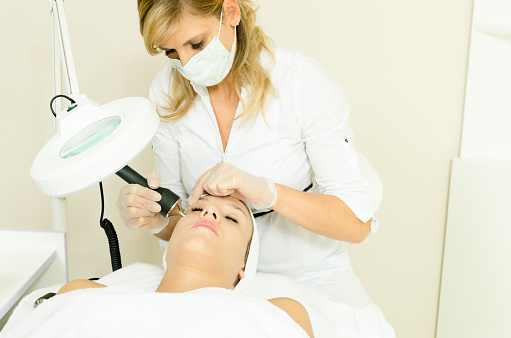
Besides, the process stimulates the natural creation of elastin and collagen proteins. These proteins improve the texture and plumpness of your skin.
After your skin heals, you are left with firmer, smoother, and more glowing skin.
When you exercise, you deliberately cause minor tears to your muscles. As a result, these muscles grow back, much stronger.
The same case applies to lasers. They use heat energy and light to cause controlled damage to the skin surface.
By doing this, your body reacts to heat the tissue by producing new skin.
What Are The Basic Categories Of Resurfacing Lasers?
There are two basic categories of laser resurfacing:
- CO2 (carbon dioxide) laser resurfacing and Erbium laser resurfacing
- Fractionated CO2 laser treatment
CO2 (Carbon Dioxide) Laser Resurfacing
For years, CO2 (carbon dioxide) laser resurfacing has been treating different malignant and benign skin conditions.
The modern CO2 laser uses tiny pulsed light energy (ultra pulsed) or constant light beams.
They precisely remove the thin layers of your skin with minimal heat damage to the nearby structures.
The CO2 laser resurfacing recovery time is up to two weeks.
Erbium Laser Resurfacing
Erbium laser resurfacing is made to remove shallow and moderately deep lines as well as wrinkles on your face.
Erbium requires just local anesthetic. The laser can be used on the neck, chest, or hands.
One of the significant benefits of erbium laser is a slight injury of the surrounding tissue. It also has fewer side effects compared to CO2 lasers, such as bruising, swelling, and redness,
Therefore, your recovery time is faster, like one week. Erbium laser resurfacing can be a perfect choice for people with a darker skin tone.
Fractional Laser Resurfacing
Fractional CO2 laser resurfacing involves many thin columns of laser light to the skin. In this case, most of your skin does not get injured.
The skin tightens when the collagen between laser holes contracts. One benefit of this kind of laser is that not much of your skin gets injured.
The risk of fractional CO2 laser is that the laser light enters more deeply into the skin than other lasers. As a result, there is a higher risk of scarring and complicated healing.
Recovery may take about 10 to 21 days. Your dermatologist will decide which kind of laser resurfacing treatment is perfect for you.
This relies on your physical condition, medical history, and the desired results.
Is Laser Resurfacing Painful?
Sensation depends on the laser, the area and depth of treatment, and the person’s tolerance for pain.
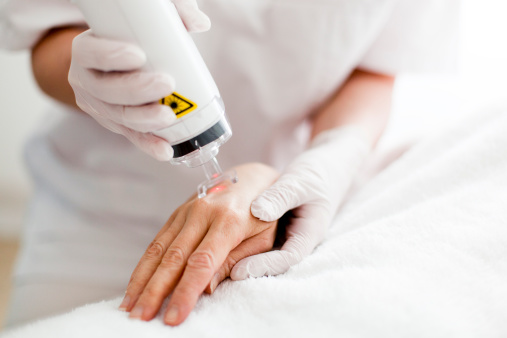
Deeper ablative laser treatment (where some external layers of skin are removed) might require intravenous sedation with local or anesthetic injections to make the client comfortable.
Several non-ablative laser treatments (the laser goes through the skin without removing layers) usually cause little or no pain.
It can require just a topical numbing cream to avoid discomfort.
Can Laser Treat Acne And Scars?
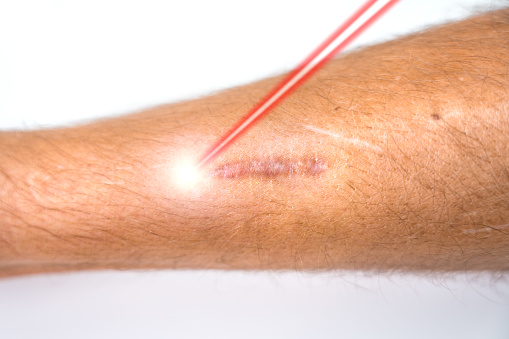
Lasers are among the most popular treatment procedures used to treat mild to moderate acne in various ways.
Ablative Laser Treatment
Ablative laser treatment is used to remove small skin patches around a scar. When the skin regenerates, it will look smoother.
This procedure comes in handy in case of deep scars. However, it is not effective on severe scars such as surgical excision.
Non-Ablative Laser Treatment
This type of laser treatment doesn’t remove any part of the skin. However, it helps improve the appearance of acne scars by stimulating collagen production.
Collagen offers natural healing as well as a skin regeneration process resulting in a youthful appearance.
Fractionated Laser Resurfacing
This is also a type of non-ablative laser therapy used to break down components that cause skin discoloration.
It helps the scar regain its original color, just like the surrounding skin.
These laser treatment procedures help to reduce acne scar appearance. However, the effects vary on the types of scars you have and the treatment approach used to treat them.
Does Laser Resurfacing Work on All Skin Types?
Darker skin does not prevent you from having laser resurfacing. Unfortunately, there has been a misconception that laser resurfacing is only safe for light skin types.
Although some lasers have a higher risk for discoloration or cell damage in darker skin, safe and effective resurfacing options are available.
Nowadays, new, sophisticated devices and enhanced methods have made laser resurfacing much more applicable widely.
When Should You Have Laser Resurfacing?
Patients are encouraged to undergo laser resurfacing treatments during the late autumn, winter, and the first spring months for various reasons.
Colder months offer the skin a layer of protection after the treatment. Therefore, autumn is commonly considered as laser resurfacing treatment season.
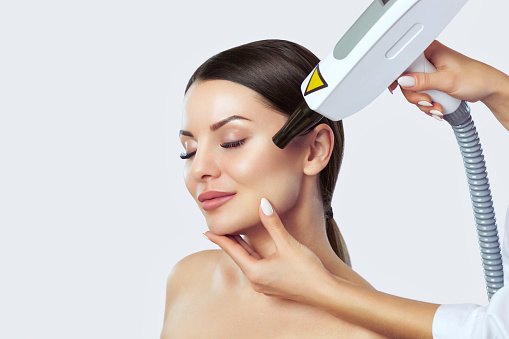
This is because laser-treated skin is very sensitive to sun exposure for equal to a year following several procedures.
Therefore, many cosmetic specialists recommend going through the procedure during the fall or winter months. During this time, daytime hours are usually shorter, and people spend most of the time indoors.
Following your laser treatment and for some time afterward, the new skin is much more subtle to the sun’s UV rays. So, when going outside, even if it is for just a short time, remember your sunscreen.
Sunscreen is necessary during winter and cloudy days. It is also easier than the many applications that you have to do on a hot summer day.
Due to the ablative nature of laser treatment, your skin requires time to heal after the procedure. Fall offers the perfect opportunity.
Conditions or Medications That Affect Laser Skin Treatment?
Laser treatment on the skin can be affected by some conditions or medications. Chronic conditions such as diabetes have an impact on the safety and the results of laser treatment.
Be open with your skin doctor about your medical history or any medicines or supplements that you’re taking.
Laser treatment procedures might induce breakouts if you’re vulnerable to fever blisters and cold sores.
Also, acne drugs that contain Isotretinoin (a type of vitamin A) can lead to scarring or poor healing from laser treatment.
Other over-the-counter medications such as aspirin can increase bleeding after surgical procedures.
Quit smoking at least two weeks before and after laser therapy.
This will help prevent any unwarranted complications during the healing process and give your body the best chances for optimal results.
Recovery After laser Skin Resurfacing
After laser treatment, you’ll require some downtime since you might experience some discomfort. This will depend on the extent of treatment and application on the skin.
You might want to remain at home and relax for a week or so. Instant side effects of laser resurfacing are usually gone by the tenth day.
However, it can take up to three weeks for the skin to heal completely.
When you are not homebound, you can choose to wait several weeks until that attractive, rejuvenated complexion appears.
The new skin will be healed completely, and the final results evident. Recovery time differs depending on the kind of laser used, the client’s health status, and healing speed.
Always Consult A Laser Treatment Expert
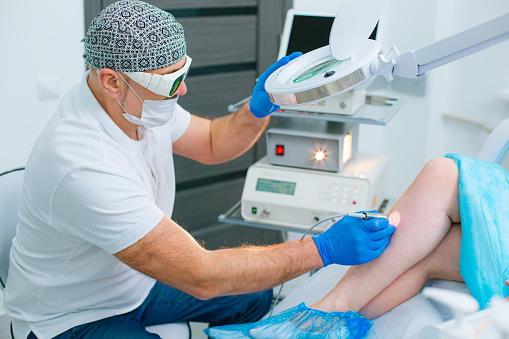
Laser resurfacing performed by a poorly trained person can be ineffective and even dangerous.
Be sure to consult the right dermatologist from a reputable skin care clinic before choosing the right laser treatment for your skin. This is the safest way resurfacing will dramatically improve the appearance of your skin.
The best bet is a cosmetic surgeon certified by the (ABCS) American Board of Cosmetic Surgery. A certified surgeon has undergone rigorous training that includes non-surgical treatments like laser skin resurfacing.
During the consultation, clear all your doubts by asking about everything you need to know. You want somebody who does the procedures you are seeking all the time.
Inquire if the practice has their own skincare clinic devices, or they rent. Those who rent are not doing the procedure as much.
Also, make sure you ask who is performing the procedure. For example, some physicians supervise the process while a technician performs it.
That is enough; the doctor has to be hands-on. Your results largely depend on the person’s expertise doing the laser treatment.
Vivid Skin and Laser Center Can Help
Vivid Skin and Laser Center in Chandler is a medical spa with a zeal for improving the natural beauty of our customers.
We endeavor to help our clients retain their youthful, healthy, naturally glowing skin. We help you achieve it! We do this by offering top-notch laser resurfacing treatments to our clients.
We take pride when our clients are amazed by their skin and happy with the results. We offer many treatments that focus on particular concerns.
Your skin will not only appear smooth, luxurious, and desirable. You will also eliminate numerous skin flaws and imperfections.
Blemishes and dark pigmentation become difficult to notice, and your skin tightens. This reduces fine lines and sagging skin, promoting a healthy and young appearance.
For more information about our laser skin resurfacing treatments and more, call us at (480)-930-7546 or send us a message online today.


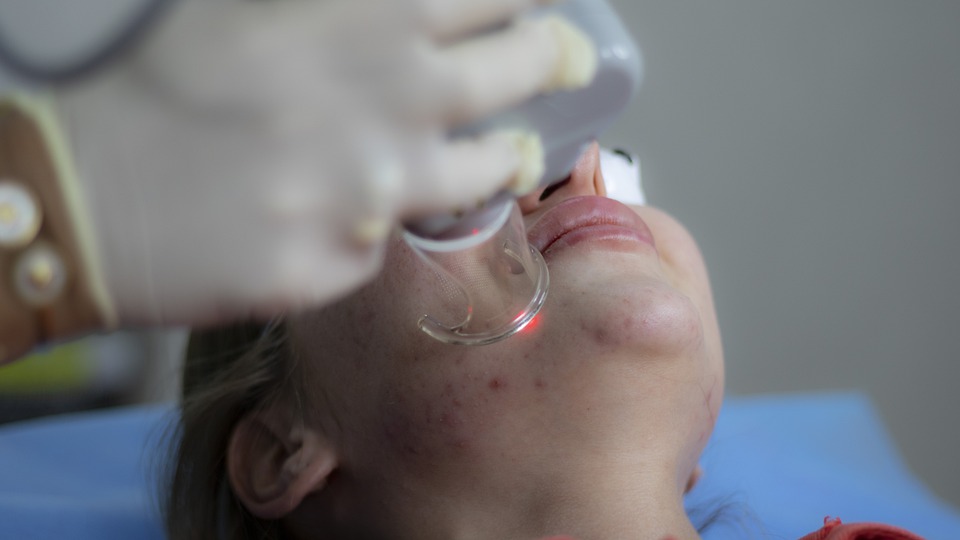
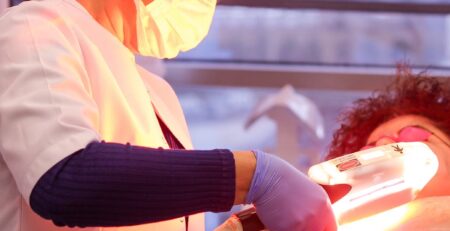

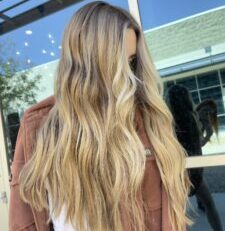
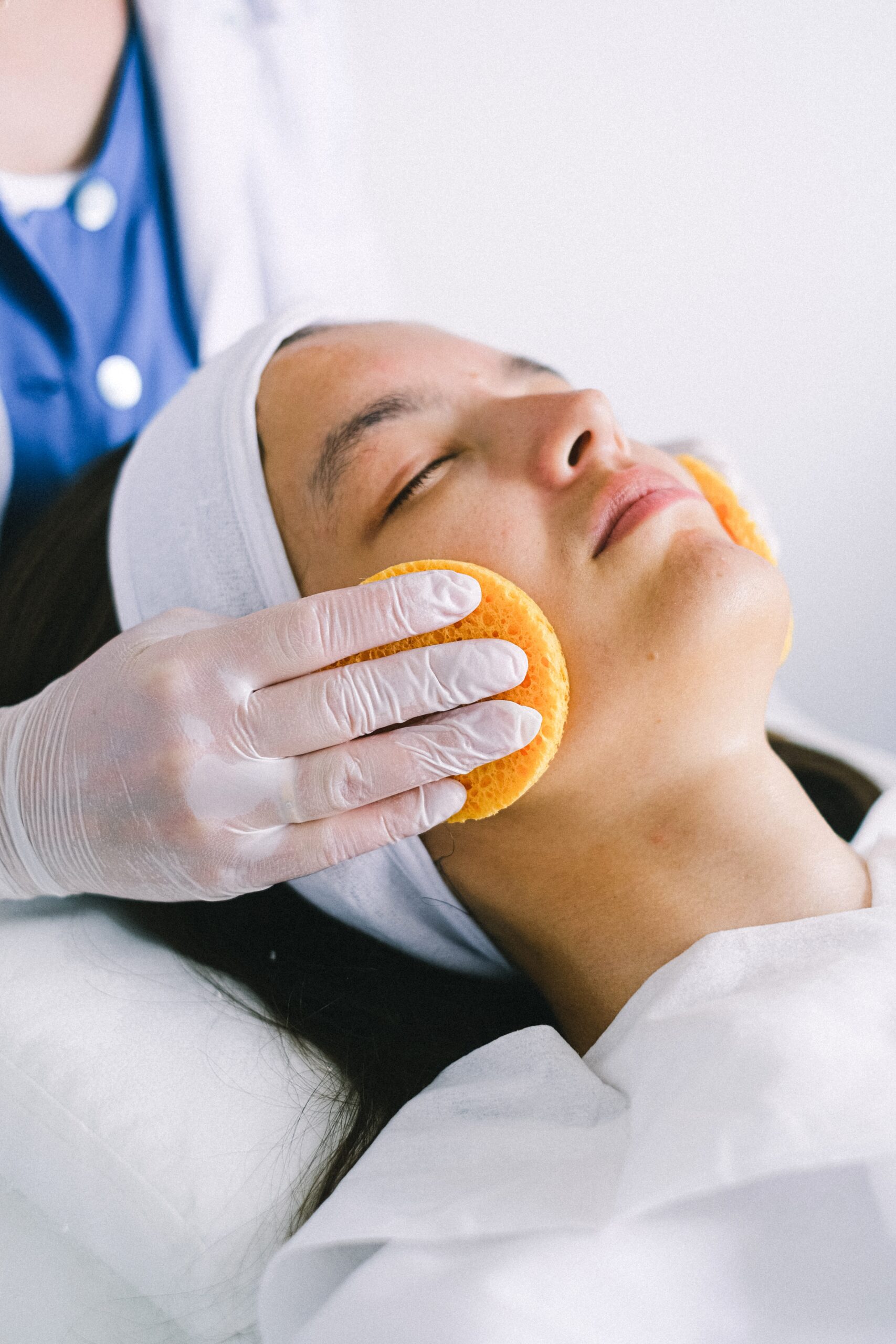
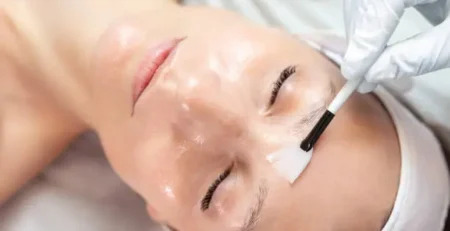
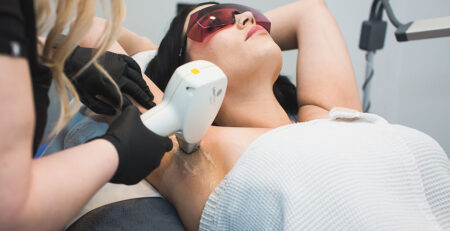
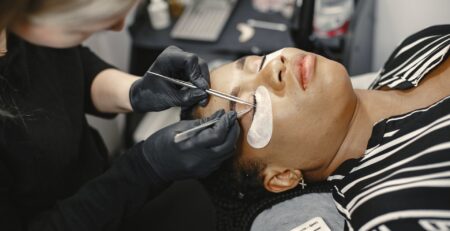

Leave a Reply